Dien Bien is a mountainous border province in the Northwest of the country, home to 19 ethnic groups. Of which, the Mong ethnic group accounts for 38.12%; the Thai ethnic group 35.69%; the Kinh ethnic group 17.38%, distributed in 10 districts, towns and cities in the province... Each ethnic group has its own characteristics in culture, customs, habits, language... creating a colorful cultural picture.
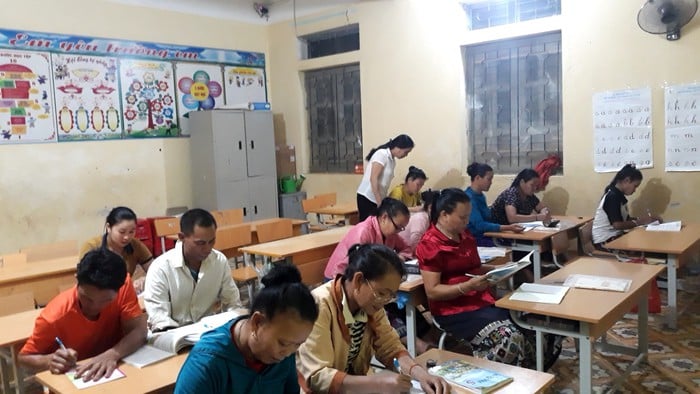
Literacy classes are held at Pa Thom Primary and Secondary School.
In remote villages and hamlets, the mother tongue is still the main means of communication for ethnic minorities. Meanwhile, important information such as legal policies, support programs, scientific and technical knowledge or health and medical information are all presented in the common language (Vietnamese), affecting the dissemination of information to the people.
Identifying illiteracy eradication as an important task to improve the cultural level of ethnic minorities, contributing to economic development, hunger eradication and poverty reduction, the provincial Department of Education and Training has coordinated with local authorities to open many illiteracy eradication classes.
In the period of 2021 - 2024, the whole province has coordinated to open 143 literacy classes with 3,330 students. Students are mainly ethnic minorities in remote areas with difficult economic conditions. Thanks to that, the literacy rate for ethnic minorities in remote areas, mountainous border areas has been increased.
If in 2021, the rate of people aged 15-60 reaching literacy level 1 was 96.58%, now it is 97.06%. The rate of people aged 15-60 reaching literacy level 2 in 2021 was 86.63%, now it is 90.11%. Up to now, 129/129 communes and 10/10 districts maintain the level 2 literacy standard.
Department of Education and Training of Dien Bien province
According to the plan, by the end of 2025, the whole province will open 175 literacy classes and continuing education after literacy, with 4,015 students participating. In 2025 alone, there will be 29 classes with 671 students. To achieve the plan, the province has issued policies to support learners and ethnic minorities participating in literacy classes such as: Support for textbooks, school supplies, funding, etc.
Evaluation shows that after completing the literacy class, students can read, write, calculate and access the necessary knowledge to apply in life and production.
Thanks to literacy, many ethnic minorities have become more confident in communicating and integrating better into the community. Ms. Lo Thi Choi (58 years old, Lao ethnic in Pa Thom commune, Dien Bien district, Dien Bien province) is one of such cases.
In 2024, Ms. Choi and many Lao ethnic people in Pa Thom commune attended a literacy class held at Pa Thom Primary and Secondary School. Thanks to the dedicated guidance and instruction of the teachers, after completing the program, Ms. Choi was able to write her own name and read short texts.
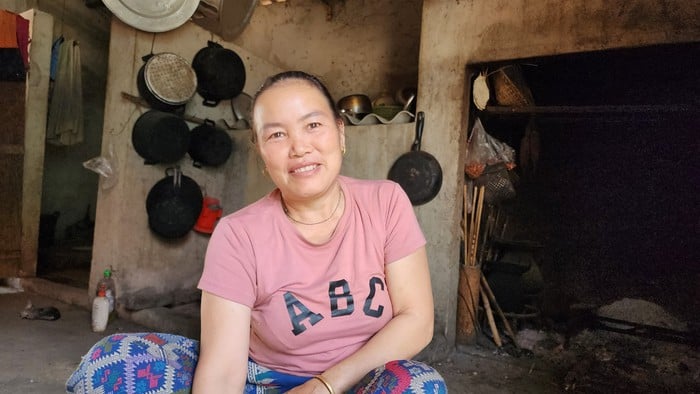
Ms. Lo Thi Choi can read, write and calculate after attending literacy classes.
"Just a few years ago, every time I was invited by the commune to handle administrative procedures, because I was illiterate, I could only use my hands to roll ink and point; I also couldn't understand the content of the documents, so when I learned about the literacy class, I was determined to learn to read and write," Ms. Choi shared.
According to the Laotian woman, knowing how to read and write and calculate has changed her life a lot. Now, Ms. Choi can read and calculate when buying and selling goods.
Like Ms. Choi, after attending the 2024 literacy class, Ms. Lo Thi Pan (54 years old, Lao ethnic, living in Pa Xa Lao village) learned to read, write, and calculate in animal husbandry and farming to develop her family's economy. Ms. Pan also knows how to apply science and technology to animal husbandry using new methods. Thanks to that, her family's economy has improved significantly.
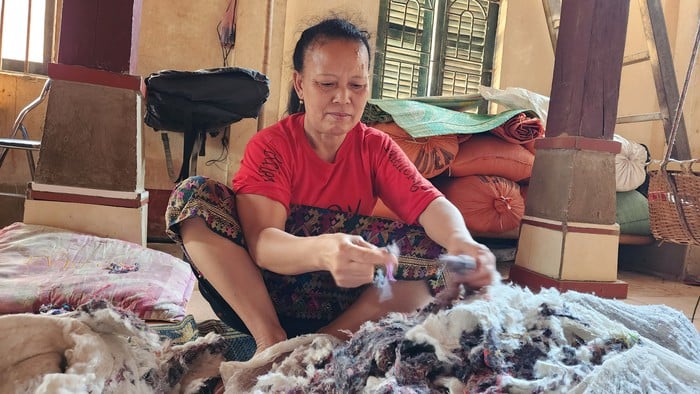
Literacy helps Mrs. Lo Thi Pan a lot in life.
Especially the case of Ms. Thao Thi Pay (40 years old, Mong ethnic group in Tinh B village, Xa Nhe commune, Tua Chua district, Dien Bien). Married early, with nothing, having land but no capital, illiterate, lacking production experience, a large family, so Ms. Pay's family life is poor and difficult all year round. In 2018, Ms. Pay attended a literacy class. Thanks to her determination, after the course, she was able to read and write.
In 2019, her family boldly converted 1 hectare of upland fields to grow acacia, cypress, pine, and eucalyptus. At the same time, they expanded their livestock farming with 22 pigs, 2 buffaloes, 4 cows, 15 goats, 300 black chickens, combined with growing 1 hectare of corn, 0.5 hectare of rice, 600m² of fish farming, and 1,500m² of vegetables. Thanks to the diversified model, Ms. Pay's family has a more stable income and the family economy is more prosperous.
It is difficult for ethnic minorities to change their thinking, but once they overcome these "invisible barriers", the goal of establishing literacy classes for ethnic minorities is considered to have been half achieved.
Although the students are old, their studies are more difficult, but in return, the ethnic people study very seriously. Some students have achieved remarkable achievements after a short time studying in the class. Having the ability to read and write, they can grasp the guidelines, policies and guidelines of the Party and the State, and at the same time update themselves with knowledge about economics and society to serve their lives.
Literacy class teacher Nguyen Thi My (Pa Thom Primary and Secondary School)
Source: https://phunuvietnam.vn/lop-hoc-xoa-mu-chu-giup-dong-bao-vung-cao-cai-thien-kinh-te-gia-dinh-20250523102447055.htm



![[Photo] Top players gather at the 2025 Nhan Dan Newspaper National Table Tennis Championship](https://vphoto.vietnam.vn/thumb/1200x675/vietnam/resource/IMAGE/2025/5/23/9ad5f6f4faf146b08335e5c446edb107)













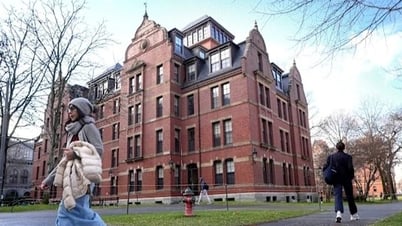








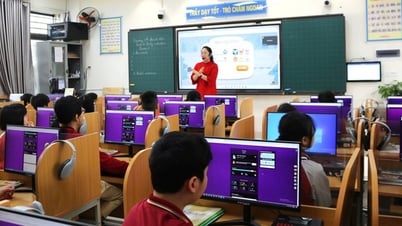












































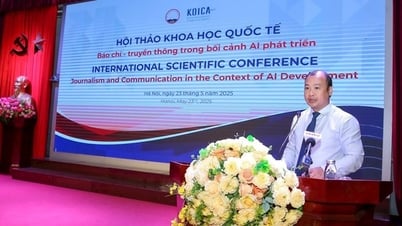


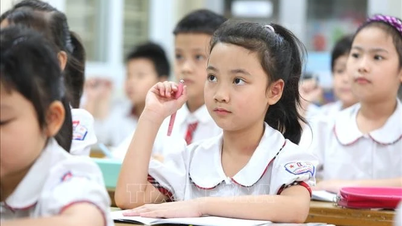





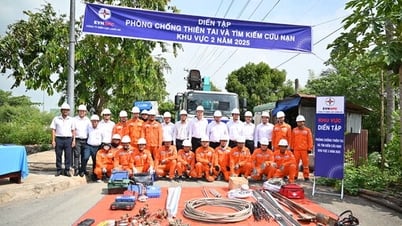

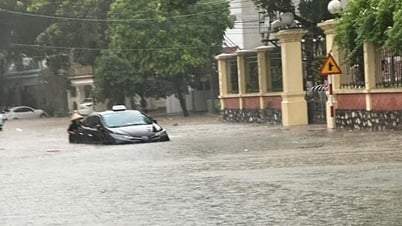












Comment (0)